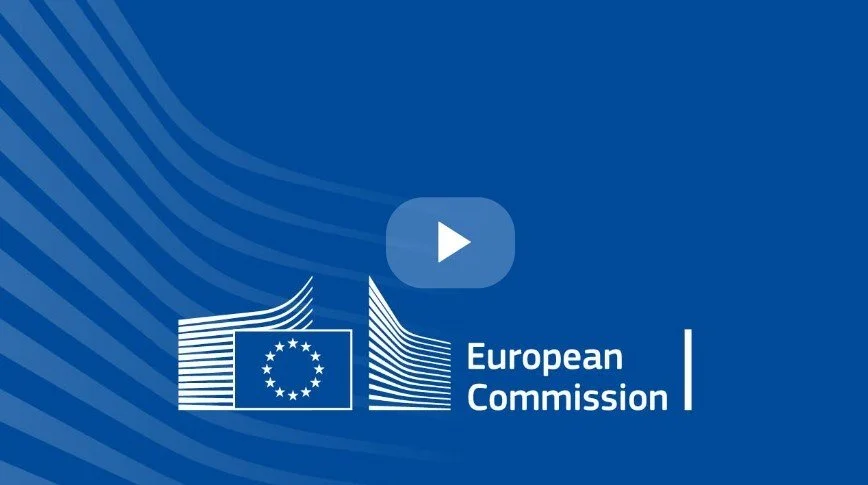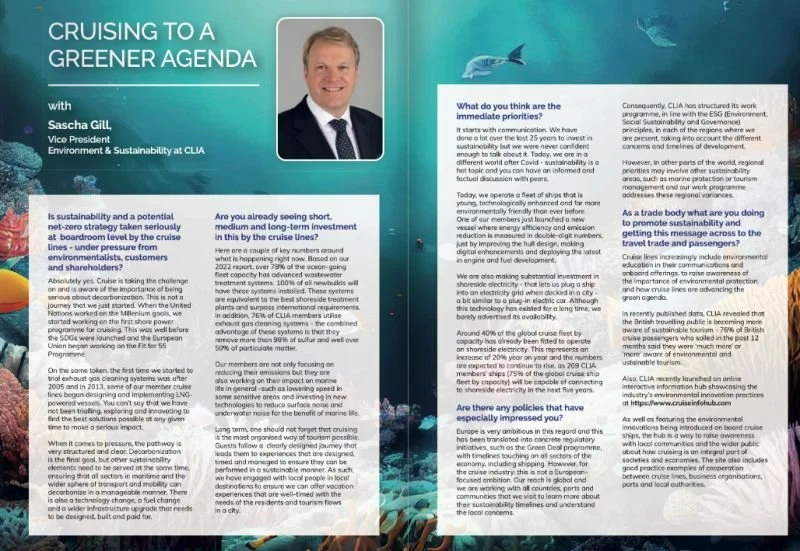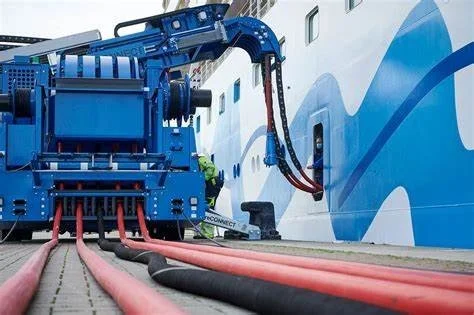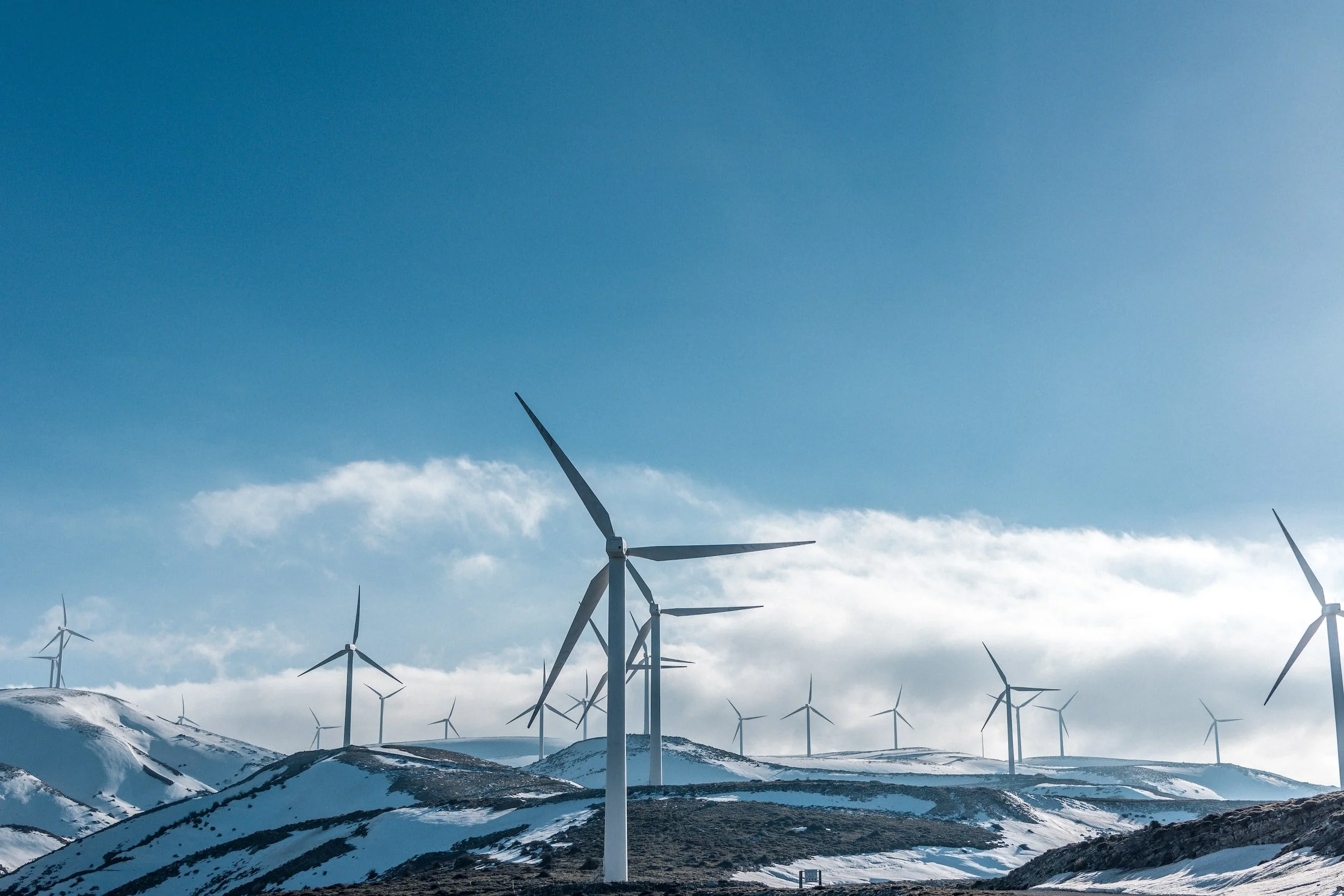The European aviation and maritime sectors rely on a complex value chain for sustainable fuel supply. It begins with feedstock sourcing, involving materials like biomass and waste, which undergo advanced conversion processes to create aviation and maritime fuels.
These fuels are then distributed to European airports and ports. Financial and technological support from investors, technology providers, and financial institutions is crucial. Governments and civil society organisations also play key roles in ensuring low-carbon and environmentally responsible fuels.




















